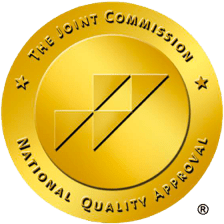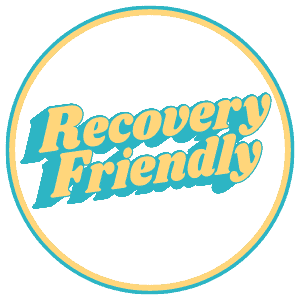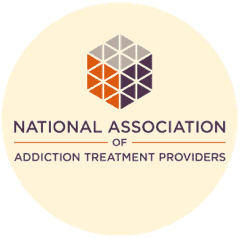Overcoming addiction is a significant achievement, but it’s just the beginning of a lifelong journey. For men who have completed initial treatment, extended care and long-term treatment for addiction are crucial for maintaining sobriety and building a drug-free life. At Next Step Recovery, we understand the unique challenges men face in their recovery journey and provide the ongoing support needed for lasting success with extended care.
The Transition from Treatment to Recovery
The risk of relapse is highest during the transition period from detox to treatment and from treatment to ongoing care. Extended care and long-term support help bridge the gap between intensive treatment and independent living, offering continued guidance, accountability, and resources.
Why Extended Care is Essential
Ongoing Therapy: Extended care programs provide continued access to individual and group therapy, helping men work through underlying issues and develop coping strategies.
Regular Check-Ins: Regular monitoring and check-ins with healthcare professionals ensure that any emerging issues are addressed promptly, reducing the risk of relapse.
Life Skills Training: Extended care focuses on developing essential life skills, such as time management, financial planning, and healthy communication, which are critical for sustaining long-term sobriety.
Sober Living Environment: Sober living homes offer a supportive and substance-free environment where men can practice new skills and habits in a real-world setting.
Peer Support and Accountability
Support Groups: Participation in support groups, such as Alcoholics Anonymous (AA) or Narcotics Anonymous (NA), encourages both community and accountability, providing encouragement and shared experiences.
Mentorship Programs: Mentorship from individuals who have successfully maintained their sobriety offers valuable insights, motivation, and hope.
The Role of Long-Term Addiction Care
Integrated Treatment: Many men with addiction also struggle with co-occurring mental health disorders, such as depression, anxiety, or PTSD. Long-term care includes integrated treatment approaches to address both addiction and mental health issues simultaneously.
Triggers and Coping Strategies: Long-term care focuses on identifying triggers and developing effective coping strategies to prevent relapse. This includes stress management techniques, mindfulness practices, and healthy lifestyle choices.
Relapse Response Plans: Creating a relapse response plan ensures that if a relapse occurs, it can be managed quickly and effectively, minimizing its impact and getting the individual back on track.
Sustaining Motivation and Commitment
Long-term treatment and extended care encourages individuals to set and pursue personal growth goals, whether they relate to career, education, relationships, or hobbies. Achieving these goals cultivates a sense of purpose which supports sobriety.
Next Step Recovery’s Commitment to Extended Care
At Next Step Recovery, we provide extended care and long-term treatment support tailored specifically for men. Our programs are designed to address the unique challenges men face in recovery and to support them in building a strong foundation for lasting sobriety.
Extended care and long-term addiction care are important parts of a successful recovery journey. For men transitioning from treatment to independent living or from detox to treatment, these programs offer the support, skills, and resources needed to maintain sobriety. At Next Step Recovery, we are here to guide and support men every step of the way, ensuring they have the best chance at lasting recovery.
If you or a loved one is seeking extended care and long-term addiction support, contact Next Step Recovery today to learn more about our programs and how we can help you achieve your recovery goals.









